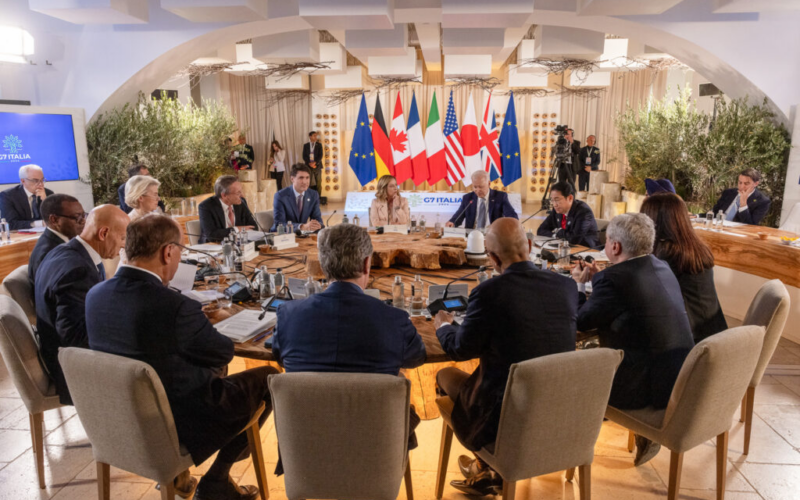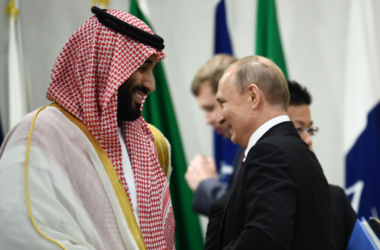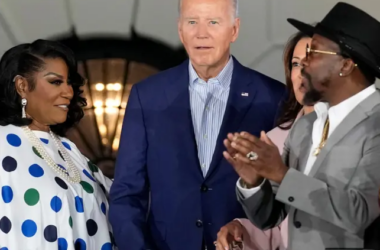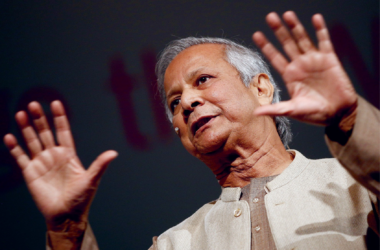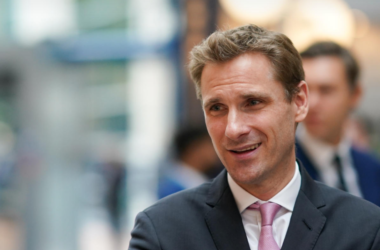On Friday, leaders from the Group of 7 (G7) countries will broaden their discussions by including representatives from India, Brazil, Turkey, and other non-Western nations. This move signifies an acknowledgment of the evolving global power dynamics and marks a significant shift in the traditional focus of G7 summits.
Prime Minister Giorgia Meloni of Italy, the host of this year’s summit, has expanded the guest list to foster a more inclusive dialogue with nations from the Global South, which encompasses regions such as Latin America, Africa, the Middle East, and parts of Asia. Meloni emphasized that the G7 aims to be an open forum for global values rather than an exclusive club.
Prime Minister Fumio Kishida of Japan echoed this sentiment, highlighting the necessity of engaging with a wider array of partners to tackle global challenges, such as the conflict in Ukraine and the war between Israel and Hamas. These conflicts have underscored the need for a united approach in addressing security issues and fostering economic stability.
One of the central topics for discussion is migration, a complex issue that has contributed to the rise of populist and far-right movements in both Europe and the United States. Migration concerns are particularly acute for Italy, where Meloni has advocated for stricter immigration controls, especially from Africa and the Middle East. This discussion comes at a time when Europe is also managing the influx of Ukrainian refugees due to the ongoing conflict with Russia, raising questions about the balance of humanitarian efforts and national security.
The agenda also includes economic competition with China, security in the Indo-Pacific region, and the relationship between Western countries and the Global South. Leaders like Prime Minister Narendra Modi of India and President Luiz Inácio Lula da Silva of Brazil will play pivotal roles, reflecting the growing importance of these nations on the global stage.
Additionally, the summit will address economic security, the development of Africa and the southern Mediterranean, and the implications of artificial intelligence. These discussions aim to create a more balanced and equitable framework for international cooperation and decision-making.
Pope Francis will also participate in the summit, delivering a speech and engaging in private meetings with key leaders including President Biden, Prime Minister Modi, President Lula, President William Ruto of Kenya, President Recep Tayyip Erdogan of Turkey, and President Abdelmadjid Tebboune of Algeria. These meetings are expected to provide a platform for deeper bilateral discussions on various issues.
President Biden is scheduled to depart Italy in the afternoon, preceding the publication of the summit’s final communiqué. The day will conclude with a concert and an informal dinner, followed by additional bilateral meetings and closing press conferences on Saturday.
This expanded engagement with non-Western leaders at the G7 summit underscores a significant shift towards a more inclusive global dialogue, reflecting the changing balance of power and the need for collaborative approaches to address complex international issues.




